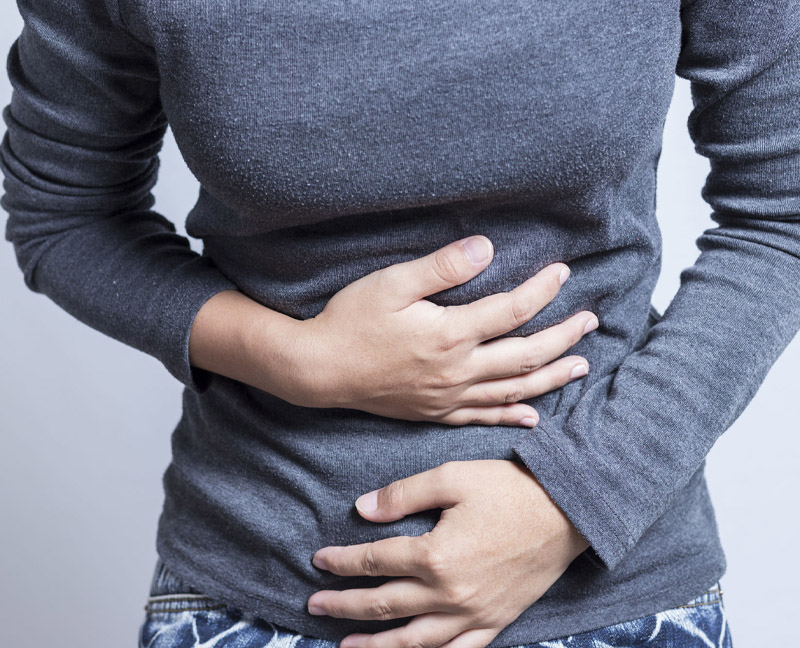Norovirus Unleashed: What You Need to Know About the Stomach Bug Sweeping the Nation

Norovirus, often called the “stomach flu,” is making its presence felt across the United States. This highly contagious virus, responsible for 19 to 21 million illnesses annually, is the leading cause of acute gastroenteritis, according to the Centers for Disease Control and Prevention (CDC). Despite its nickname, norovirus is not related to the flu. Instead, it is a persistent pathogen known for causing outbreaks in schools, healthcare facilities, and cruise ships. Here’s what you need to know about its causes, symptoms, and treatments to protect yourself and your loved ones.
Causes and How It Spreads
Norovirus is notorious for its ability to spread rapidly through various pathways. The virus is transmitted through:
- Person-to-Person Contact: Close interactions, such as caring for an infected individual or sharing utensils, can easily transmit the virus.
- Contaminated Food or Water: Eating food or drinking water exposed to the virus, often due to improper hygiene during food handling, is a common cause.
- Surface Contamination: Touching contaminated surfaces and then touching your mouth can lead to infection.
Only a tiny number of viral particles are required to cause illness, making norovirus highly contagious. Its resilience allows it to survive on surfaces for days, adding to its spread.
Symptoms to Watch For
Symptoms typically appear 12 to 48 hours after exposure and include:
- Diarrhea
- Vomiting
- Nausea
- Stomach Pain
Some individuals may also experience fever, headaches, and body aches. While symptoms usually resolve within one to three days, the virus can cause severe dehydration, especially in young children, older adults, and people with weakened immune systems.
Treatment and Recovery
Currently, there is no specific antiviral treatment for norovirus. Managing the illness involves supportive care:
- Hydration is Key: Drinking plenty of fluids is crucial to replace lost electrolytes and prevent dehydration. For severe cases, intravenous fluids may be required.
- Rest and Recovery: Give your body the time it needs to heal.
- Bland Diet: Gradually reintroduce easy-to-digest foods like rice, bananas, and toast once vomiting subsides.
If dehydration symptoms such as dry mouth, reduced urination, or dizziness occur, seek medical attention immediately.
Prevention Tips
The best defense against norovirus is prevention. The CDC recommends these measures:
- Wash Your Hands Frequently: Use soap and water, as hand sanitizers are less effective against norovirus.
- Practice Food Safety: Cook shellfish thoroughly, and wash fruits and vegetables before eating. Avoid preparing food for others if you’re feeling unwell.
- Disinfect Surfaces: Clean contaminated surfaces with bleach-based cleaners.
- Isolate When Sick: Stay home while symptomatic and for at least 48 hours after symptoms disappear to avoid spreading the virus.
Norovirus in 2025: A Growing Concern
Recent data shows a rise in norovirus cases, with outbreaks surging in December 2024. The highly contagious nature of the virus highlights the importance of following these prevention steps, particularly in communal spaces.
Norovirus may be relentless, but with vigilance and proper care, its spread can be controlled. Stay informed, practice good hygiene, and protect yourself and your community from this formidable stomach bug.
The contents of this article have been reviewed by Dr. Gregory Herman, Family Medicine provider with Shore Physicians Group. Dr. Herman, who has a care philosophy of moderation in everything and variety is the key to life, treats patients at Shore Physicians Group’s office in Marmora, located at 4 Roosevelt Boulevard in the Shop Rite Plaza. To schedule an appointment with Dr. Herman, call 609-814-9550.